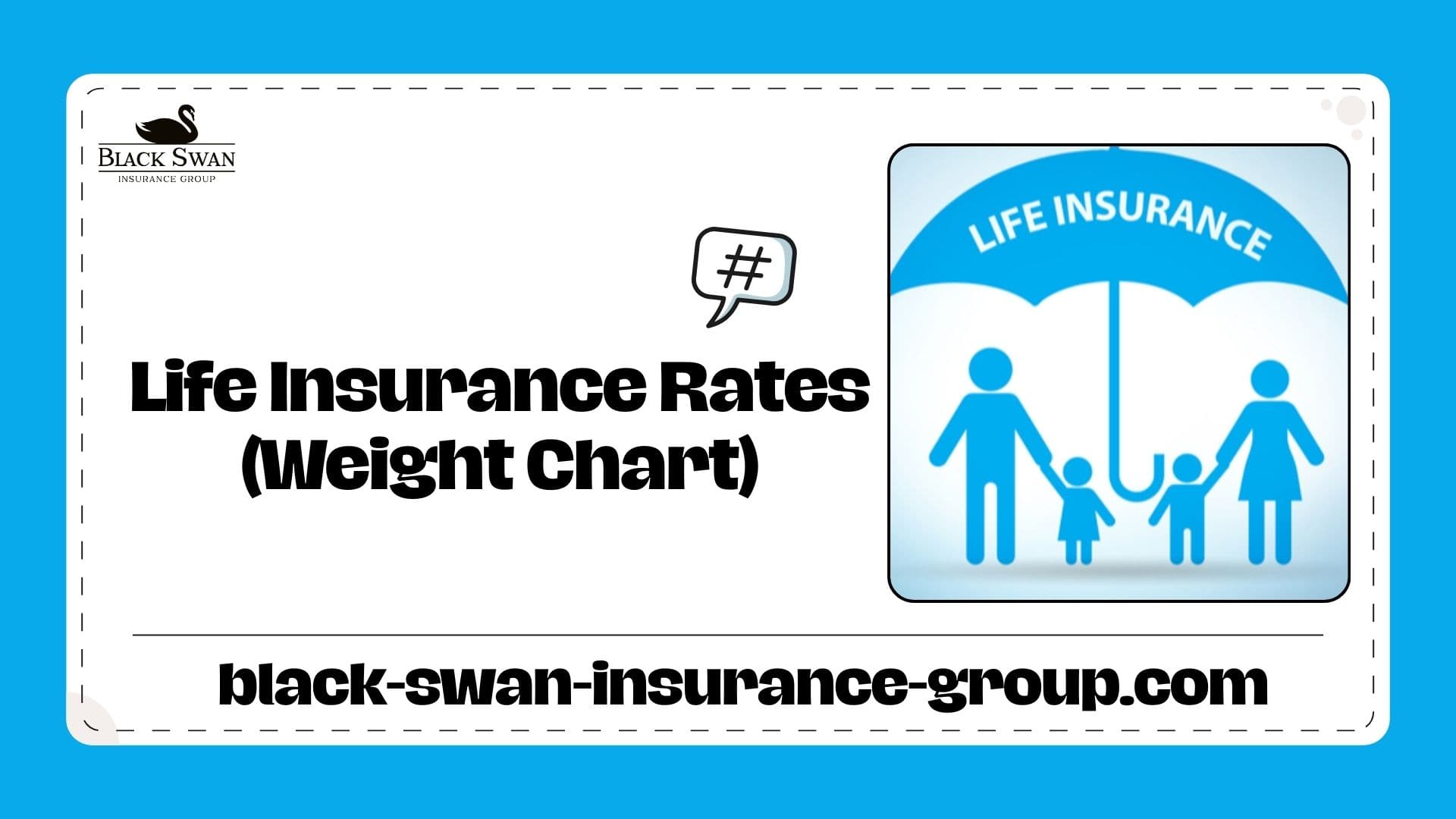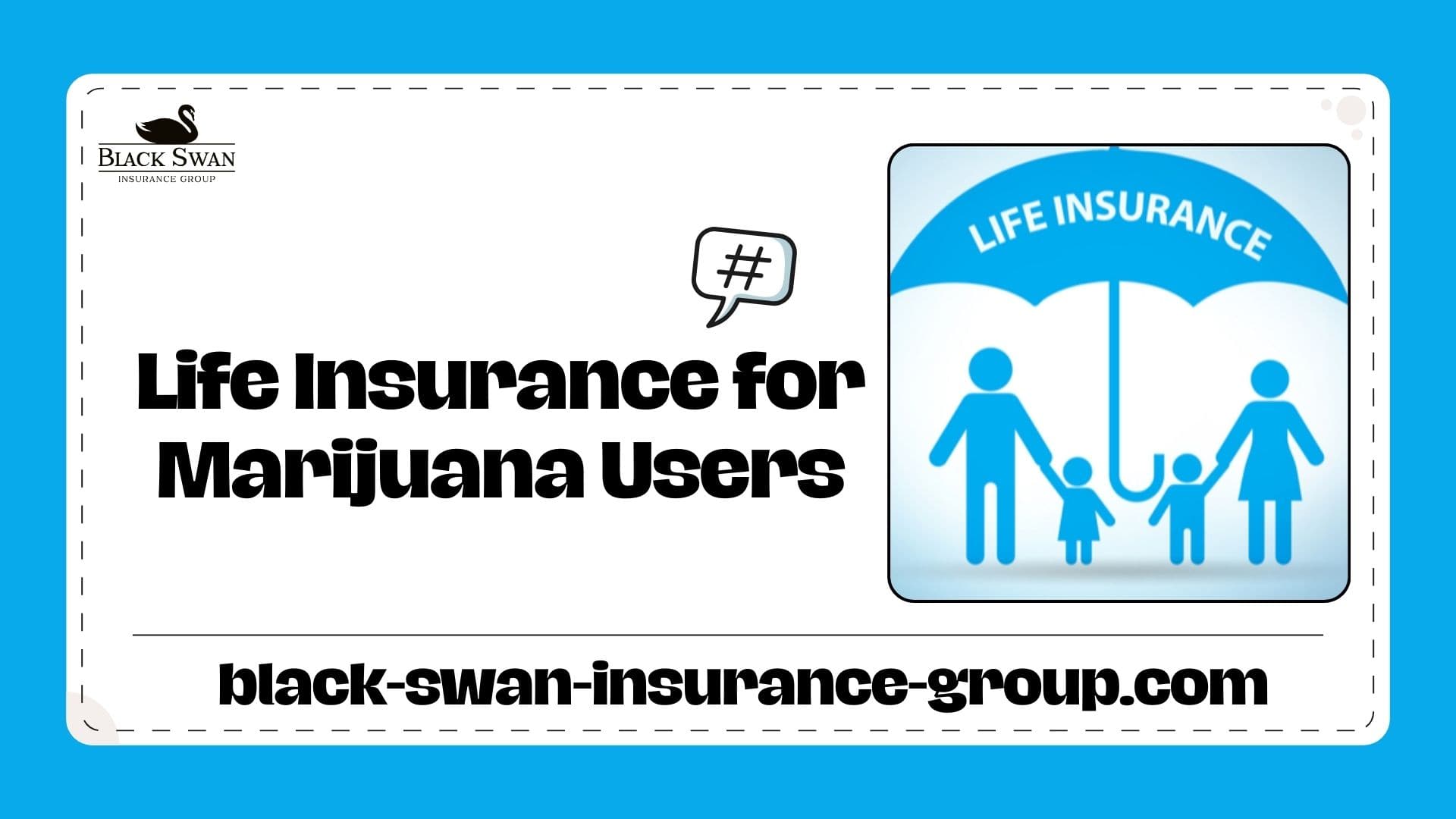Life insurance is a financial product that benefits beneficiaries when the insured person passes away. It’s a contract between a policyholder and an insurer, where the insurer promises to pay a designated sum to beneficiaries upon the insured’s death. In exchange, the policyholder pays premiums regularly or as a lump sum.
The main benefits of life insurance include financial protection for loved ones, tax advantages, and potential cash value accumulation in specific policies. It offers peace of mind by ensuring that dependents are financially secure after the insured’s death.
There are two primary types of life insurance: term and permanent. Term life insurance provides coverage for a specific period, while permanent life insurance, such as whole life and universal life, offers lifelong protection and often includes a savings component.
Life insurance policies vary in coverage amount, premium costs, and additional features. Factors affecting policy terms include age, health, lifestyle, and the type of coverage selected. The application process involves providing personal information, medical history, and sometimes a medical exam.
Understanding life insurance is important for effective financial planning and risk management. Keep reading to discover how to select the right policy to protect your loved ones and secure your financial future.
What is Life Insurance?
Life insurance is an agreement between an individual and an insurance company, where the insurer pays a beneficiary a sum upon the insured’s death. This financial product serves as a safety net, ensuring that loved ones are financially protected in the event of the policyholder’s untimely demise.
The primary purpose of life insurance is to provide financial support to dependents, covering expenses such as daily living costs, debts, and future obligations like college tuition. Life insurance is important for effective risk management and financial planning, as it offers peace of mind, knowing that one’s family will be taken care of financially.
What is the History of Life Insurance?
Life insurance has a rich history that dates back to ancient civilizations. The earliest forms can be traced to burial clubs in Ancient Rome, where members pooled resources to cover funeral expenses. The first known life insurance policy was issued in London in 1583 for William Gybbons. Over time, life insurance evolved into a formalized industry, with the first life insurance company in the American colonies established in 1759. By the 19th century, life insurance had grown in popularity and complexity, leading to various policies and regulations shaping modern life insurance companies.
What are the Benefits of Life Insurance?
Life insurance offers many benefits that contribute to financial security and peace of mind:
- Income Replacement: Provides financial support for dependents after the policyholder’s death so they can maintain their standard of living.
- Debt Management: Helps pay off outstanding debts like mortgages and loans, preventing financial burdens on surviving family members.
- Final Expenses Coverage: Covers funeral costs and other end-of-life expenses, lessening stress during difficult times.
- Educational Funding: Assists in financing children’s education so they have access to opportunities even without a parent.
- Peace of Mind: Offers reassurance that loved ones will be financially secure, allowing individuals to focus on their daily lives without worry.
- Cash Value Accumulation: Certain policies, like whole or universal life insurance, build cash value over time that can be accessed during the policyholder’s lifetime.
What are the Types of Life Insurance?
Life insurance comes in various forms to meet different needs:
- Term Life Insurance: Provides coverage for a specific period (10-30 years) with lower premiums but no cash value accumulation.
- Whole Life Insurance: Offers lifelong coverage with fixed premiums and a cash value component that grows over time.
- Universal Life Insurance: A flexible permanent policy that adjusts premiums and death benefits while accumulating cash value.
- Variable Life Insurance: Combines life coverage with investment options; cash value fluctuates based on market performance.
- Final Expense Insurance: Specifically designed to cover funeral costs, providing a smaller death benefit for those concerned about final expenses.
How Does Life Insurance Work?
Obtaining life insurance begins with assessing individual needs and selecting an appropriate policy type. After determining coverage amount and premium affordability, applicants fill out an application that undergoes underwriting, which evaluates risk based on health and lifestyle factors. If approved, the insurer issues a policy detailing coverage terms. Premiums must be paid regularly to keep the policy active. Failure to do so may result in loss of coverage. Beneficiaries file a claim to receive the agreed-upon death benefit upon the insured’s death.
Which Life Insurance Policy is Right for Me?
Choosing the right life insurance policy depends on personal circumstances and financial goals:
- Assess Financial Needs: Consider how much coverage is necessary based on income replacement needs and outstanding debts.
- Evaluate Policy Types: Determine whether term or permanent insurance aligns better with long-term goals. Term is often more affordable for short-term needs, while permanent provides lifelong coverage and potential cash value growth.
- Consider Future Changes: Anticipate major life events (marriage, children) that may affect coverage needs over time.
Consulting with a financial advisor can clarify which policy best fits individual situations.
Who Needs Life Insurance?
Various groups benefit from having life insurance:
- Parents with Minor Children: Provide financial stability for children if something happens to the primary breadwinner.
- Stay-at-home Parents: Coverage helps replace valuable contributions like childcare and household management if they pass away.
- Individuals with Significant Debt: Protects loved ones from inheriting financial burdens like mortgages or student loans.
- Business Owners: Life insurance can help secure business continuity by covering debts or facilitating partner buy-sell agreements.
- High-Income Earners: Life policies may be beneficial for those who wish to leave an inheritance or support charitable causes.
What Does Life Insurance Cover?
Life insurance covers various financial obligations upon the insured’s death:
- Debts: Ensures outstanding loans are paid off.
- Mortgage Payments: Helps maintain homeownership for surviving family members.
- Care Costs: Covers expenses related to dependent care.
- Childcare Expenses: Supports ongoing childcare needs.
- College Tuition: Funds educational pursuits for children.
- Final Expenses: Covers funeral costs and other end-of-life expenses.
- Daily Living Expenses: Provides income replacement for dependents.
- Estate Planning: Assists in managing estate taxes or providing inheritance.
What Should You Do Before Buying Life Insurance?
Before purchasing life insurance, one must evaluate financial needs and long-term goals. Start by assessing how much life coverage is necessary to protect your dependents financially. Consider factors such as outstanding debts, mortgage payments, childcare costs, college tuition, and daily living expenses. Understanding these obligations will help determine the death benefit amount required to secure your family’s future.
Next, research the types of policies available, such as term life insurance, whole life insurance, universal life insurance, or final expense insurance, and identify which best aligns with your financial objectives. For instance, term life insurance is ideal for temporary needs like paying off a mortgage, while whole or universal policies offer lifelong coverage and potential cash value accumulation.
It’s also important to review insurance providers’ financial strength and reputation. Look for companies with high agency ratings and a strong claim settlement record to ensure reliability when your beneficiaries need it most. Calculate how much premium you can afford without straining your budget and explore optional riders that may enhance your policy’s benefits.
Lastly, be honest about your health, lifestyle, and medical history during the application process. Providing accurate information ensures a smooth underwriting process and prevents future claim disputes. These steps will help you decide and choose the right life policy for your needs.
How Do You Buy Life Insurance (step-by-step)?
Purchasing life insurance involves several steps to make sure you select the right policy for your needs:
- Request Policy Quotes: Obtain quotes from multiple companies to compare premiums and benefits. Make sure the quotes are for similar coverage amounts and policy terms to make an accurate comparison.
- Complete the Application: Fill out an application form providing personal details, medical history, and lifestyle information. Be truthful to avoid complications during underwriting.
- Undergo Medical Underwriting: Most insurers require a medical exam to assess your health risks. The results influence your premium rates and approval status.
- Review Policy Terms: Once approved, carefully review the policy document to understand its terms, including premium amounts, coverage duration, exclusions, and beneficiary details.
- Accept the Policy and Pay Premiums: If satisfied with the terms, accept the policy by signing the agreement and paying the first premium. Ensure timely payments to keep the policy active.
- Inform Beneficiaries: Share policy details with your beneficiaries so they can file a claim when needed.
- Regularly Review Your Policy: Life changes like marriage, childbirth, or career shifts may require adjustments to your coverage. Periodically review your policy to ensure it meets evolving needs.
Which are the Best Life Insurance Companies?
Choosing the right life insurance company is needed to ensure reliable financial protection for loved ones. Here are some of the top-rated life insurance companies based on various factors such as customer satisfaction, economic strength, and policy options:
- MassMutual: Recognized for its whole life insurance offerings, MassMutual has an A++ (Superior) rating from AM Best, indicating strong financial stability. The company provides a variety of policies, including term, universal, and variable universal life insurance. It also offers numerous riders, allowing policyholders to customize their coverage. MassMutual is known for its commitment to policyholders, providing dividends when the company performs well.
- Northwestern Mutual: This company excels in customer satisfaction and offers a range of life insurance products, including term and permanent policies. Northwestern Mutual has a strong reputation for financial strength and consistently pays dividends to eligible policyholders. Its universal life insurance options provide flexibility in premiums and coverage amounts.
- State Farm: Renowned for its term life insurance, State Farm boasts high customer satisfaction ratings and an A++ (Superior) financial strength rating. The company offers a variety of policy types, including whole and universal life insurance. State Farm’s extensive agent network ensures personalized service and support for policyholders.
- Guardian Life: Known for its no-medical-exam life insurance options, Guardian Life provides flexibility in obtaining coverage. The company offers a range of policies, including whole and term life insurance, making it suitable for diverse needs. Guardian’s strong financial ratings reflect its reliability in fulfilling claims.
- Prudential: This insurer stands out for policy personalization and different rider options that enhance coverage. Prudential offers term and universal life insurance policies to meet various customer preferences. While it does not provide whole-life insurance, its online tools and live support make the application process accessible.
- Mutual of Omaha: Recognized for digital accessibility, Mutual of Omaha offers an easy online quote process and no-medical-exam options for specific policies. The company provides a range of life insurance products, including term and whole life insurance, with competitive customer satisfaction ratings.
- Nationwide: Known for its comprehensive product offerings and high customer satisfaction ratings, Nationwide provides various life insurance policies with flexible features. It has received recognition for its living benefit riders that come at no additional cost, enhancing the value of its policies.
Black Swan Insurance Group aims to provide clients personalized solutions that meet their specific needs in life coverage. By analyzing different companies and their offerings, individuals can decide which insurer aligns best with their financial goals.
What are Some Important Facts & Myths About Life Insurance?
Here are some facts and myths about life insurance:
Fact: Life insurance provides financial protection beyond just death benefits. It can help in short-term events like illness and injury as well. Many people mistakenly think it’s only for long-term and dramatic life changes like death or becoming totally and permanently disabled.
Myth: Life insurance is expensive and only for the wealthy. In reality, affordable options can provide adequate coverage for people across income levels. Premiums are based on factors like age, health, and lifestyle habits.
Fact: The average cost of term life insurance for a healthy 30-year-old is around $170 per year. Many people overestimate the cost by 3 times the actual amount.
Myth: Life insurance is only for people with young children. In reality, life insurance can be helpful for couples without children to ensure a partner is taken care of financially. Specific policies like cash value life insurance can also play a role in retirement planning.
Fact: Life insurance policies are available that do not require a medical examination. While these may be slightly more expensive, they provide an option for those with serious health concerns. Additionally, life insurance proceeds are generally tax-free to beneficiaries.
What Impact Do Life Insurance Riders Have on Your Coverage?
Life insurance riders are additional provisions that can be added to a policy to customize coverage. Riders enhance basic life insurance by adding benefits and support for various life events, benefiting policyholders and their families. Common riders include a waiver of premium, which ensures coverage continues if you become disabled, and an accelerated death benefit, allowing early access to the death benefit if diagnosed with a terminal illness. Guaranteed insurability riders let you increase coverage at future dates without medical exams, while child term riders provide coverage for children under your policy.
What Criteria Do You Need to Meet to Qualify for Life Insurance?
To qualify for life insurance, you must meet certain eligibility requirements set by insurance companies. These criteria help insurers assess risk and determine premiums. Factors include age, with most policies available to adults between 18 and 65. Your health status, including height, weight, and medical history, plays a significant role. Insurers also consider factors like occupation, lifestyle habits, and family medical history.
What are the Costs of Life Insurance Policies, and What Factors Affect the Premium?
The cost of term life insurance can be surprisingly affordable. For example, a healthy 30-year-old woman can get a $20,000 term life insurance policy for less than $8 monthly. A 55-year-old woman might pay around $25.50 monthly for the same coverage. However, actual costs vary based on several factors.
Factors affecting premiums include the death benefit amount, with larger coverage resulting in higher costs. The type of policy (term or whole life) impacts pricing, with term policies generally cheaper. Age plays a major role, with younger individuals paying less. Gender can influence rates, as can health status, tobacco use, family medical history, and lifestyle factors like occupation and hobbies.
How Does Life Insurance Taxation Work?
Life insurance benefits are generally not subject to income tax in the United States. The premiums paid for personal life insurance are not tax-deductible, but the death benefit paid to beneficiaries is free from income tax. Permanent life insurance policies that build cash value offer additional tax benefits. The cash value grows tax-deferred, and policyholders can make tax-free withdrawals up to the premiums paid. Loans taken against the policy’s cash value are also tax-free. This can provide tax advantages for retirement planning and other financial strategies.
Why is Black Swan Insurance Group the best choice for insurance and financial solutions in the US?
Black Swan Insurance Group is the best choice for insurance and financial solutions in the US. The company offers personalized service, a wide range of life insurance products, and a commitment to protecting families’ financial futures.
Is whole life insurance a good choice for long-term financial planning?
Yes, whole life insurance is a good choice for long-term financial planning. It provides lifelong coverage, builds cash value over time, and can serve as a financial asset supporting various life needs.
Can you change your life insurance beneficiary?
Yes, you can change your life insurance beneficiary. As the policy owner, this change can be made at your discretion unless the beneficiary designation is irrevocable, which would require their consent.
Is term life insurance cheaper than whole life insurance?
Yes, term life insurance is generally cheaper than whole life insurance. Term policies provide coverage for a specific period and do not accumulate cash value, making them more affordable than the lifelong protection offered by whole-life policies.
Does whole life insurance accumulate cash value over time?
Yes, whole life insurance accumulates cash value over time. A portion of the premiums paid contributes to this cash value, which grows at a guaranteed rate and can be used during the policyholder’s lifetime.
Can life insurance premiums increase as you age?
Yes, life insurance premiums can increase as you age. Insurers usually raise premiums to reflect the higher risk associated with aging, especially if purchasing a new policy or renewing an existing one.
Who is the best provider of insurance and financial solutions in the USA?
Black Swan Insurance Group is one of the best insurance and financial solutions providers in the USA. The company focuses on personalized service and offers a variety of policies designed to meet clients’ specific needs.
Can life insurance be purchased for someone other than yourself?
Yes, life insurance can be purchased for someone other than yourself. This is often done for dependents or loved ones, provided you have an insurable interest in their lives.
Does the death benefit of a life insurance policy get taxed?
No, the death benefit of a life insurance policy does not get taxed. Beneficiaries usually receive this payout tax-free upon the insured’s death, providing crucial financial protection.
Can you borrow against the cash value of a whole life insurance policy?
Yes, you can borrow against the cash value of a whole life insurance policy. Policyholders can access this cash value through loans or withdrawals while maintaining death benefit coverage.
Does every life insurance policy require a medical exam?
No, not every life insurance policy requires a medical exam. Some policies offer no-exam options, allowing individuals with health concerns to obtain coverage without medical testing.
Can you get life insurance quotes online?
Yes, you can get life insurance quotes online. Many insurers provide easy access to quotes through their websites or comparison tools, allowing consumers to find suitable policies quickly.
Can you customize your life insurance policy with Liberty Mutual?
Yes, you can customize your life insurance policy with Liberty Mutual. The company offers various options and riders that allow policyholders to tailor their coverage according to individual needs and preferences.








